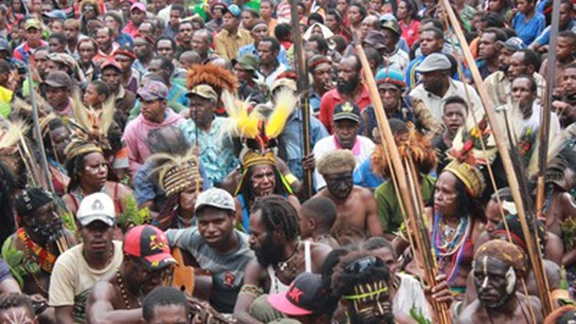Politics in Papua is a complex issue and plays an important role in improving welfare and ensuring human rights in the region. Papua is a province that is rich in natural and human treasures but currently faces a range of problems, including deficiencies in education, health, and infrastructure.
Papua is a region that is rich in nature and people but still faces a range of problems, including deficiencies in education, health, and infrastructure. In the 2000s, the political map in Papua began to change, with regional expansion bringing a shift in the control of political parties in Papua. Previously, the Golkar Party was dominant in Papua, but with the creation of new regions, new parties began to find a place in Papuan politics.
Then, in 2021, Law No. 2 on the Second Amendment to Law No. 21 of 2001 on Special Autonomy for Papua Province provided a political affirmation policy for indigenous Papuans (OAP) in the Regional House of Representatives (DPRP) and Regency/City House of Representatives (DPRK) through an appointment mechanism. This is part of the special autonomy granted to Papua.
However, this policy is only one small step in addressing the complex problems in Papua. Other problems, such as the management of special autonomy funds, the role of local elites in regional elections, and ongoing conflicts in Papua are still issues that need to be addressed.
To solve these problems, there need to be significant changes in politics, education, health, and infrastructure in Papua. There needs to be changes that support regional development that is integrated and oriented to the needs of residents.
For example, there needs to be changes in education that encourage better education and are more integrated with local needs. There needs to be changes in health that encourage improvements in the quality of health services in the region. There needs to be a change in infrastructure that promotes improved roads, transportation, and communication networks in Papua.
In addition, there needs to be a change in politics that encourages the improvement of human rights, including political rights, social rights, and economic rights. There needs to be a change in politics that encourages increased transparency and accountability in the management of special autonomy funds.
These are some of the aspects of politics in Papua, which still require significant change to solve complex problems and improve welfare in the region.


